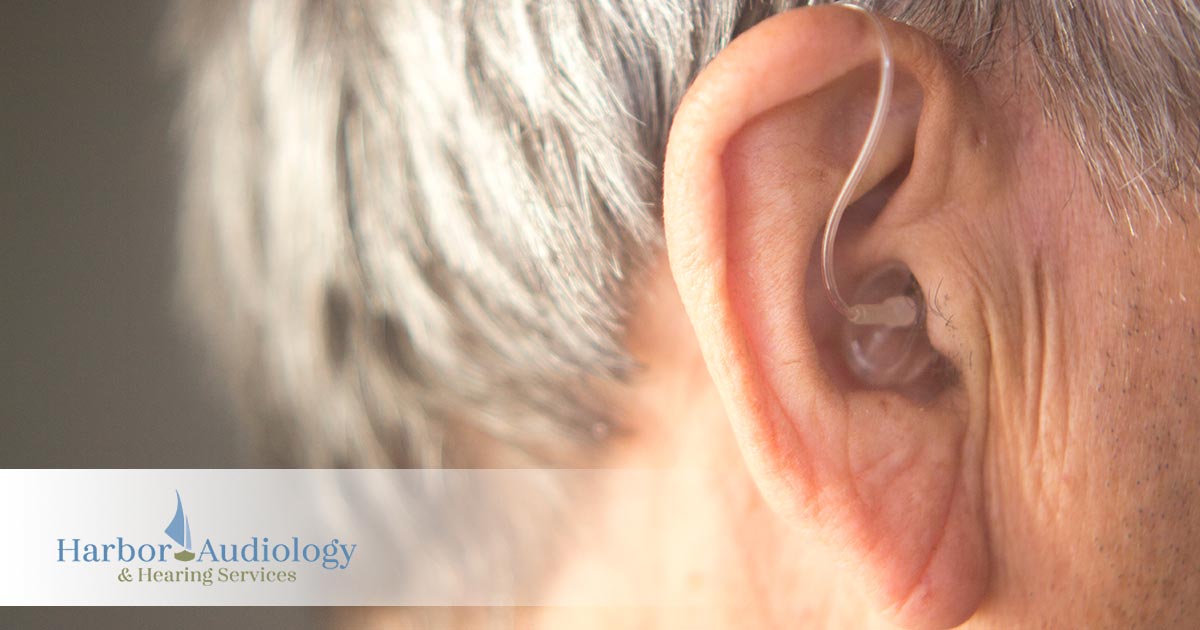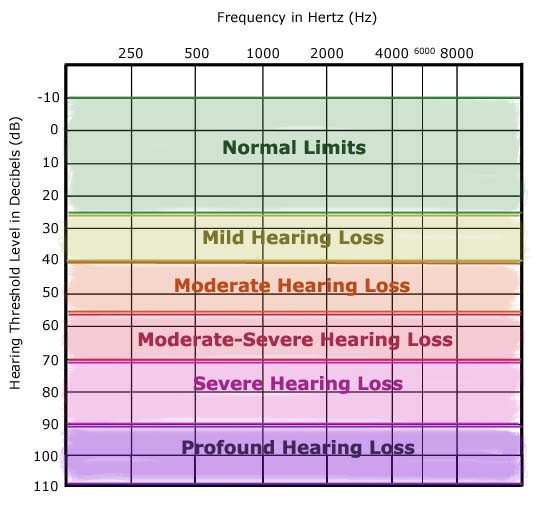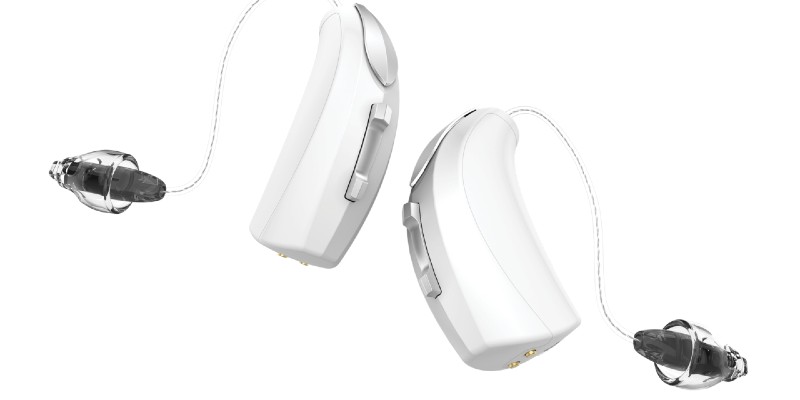
5 Best Hearing Aids for Mild Hearing Loss
Reviewed by Dr. Porter on September 16, 2020
The World Health Organization tells us that approximately 33% of all adults over the age of 65 have some degree of auditory loss, but a great many of them simply tolerate the condition because it’s only mild. But even mild hearing loss can take its toll on your life, relationships and health.
When you experience any hearing loss or concern, you should contact Harbor Audiology and Hearing Services, so that prompt steps can be taken to restore your appreciation of all the wonderful sounds around you. At Harbor Audiology, a diagnostic test will determine your level of auditory loss, and from there we’ll be able to recommend the appropriate auditory aid device if necessary, and help you to care for it. We also offer telehealth and remote care to make it more convenient for you, and we can treat tinnitus, balance disorders, and other hearing-related issues.
How is Mild to Moderate Hearing Loss is Determined?
In order to determine whether you have mild or moderate hearing loss, it will be necessary to have an audiologist, or hearing instrument specialist, administer a diagnostic hearing test. During this test, sounds at various volumes or decibel levels, will be presented to you through either inserts or a headset, so that they can determine at which point you actually hear those sounds.
Your audiologist or auditory instrument specialist will then review the results with you. If you are diagnosed with auditory loss the provider will let you know the degree of loss you are experiencing. The different degrees are determined by the range of sounds you can hear at certain volumes or decibles(dB). When you can hear sounds in the range of 25 to 40 dB, that is considered a mild loss. While with a moderate auditory loss you will be able to hear in the range of 41 to 60 dB.

What Does Mild Hearing Loss Sound Like?
Anyone who has mild auditory loss will commonly have difficulty in picking up the soft sounds of consonants, causing words to seem incomplete or to be heard incorrectly. You may notice that it’s harder to hear things when there’s a lot of noise in the background or have difficulty in conversation with women or children, whose voices are generally higher-pitched and softer in volume.
Meanwhile people with moderate auditory loss will have difficulty understanding speech in many circumstances as normal conversation is in the 50 to 65 dB range. This will be especially evident when there’s any accompanying background noise.
Do I Need Hearing Aids for Mild Hearing Loss?
This is something that only a professional can answer for you. This will depend greatly on the level of loss and at which frequency (Hz) it occurs. If you find that you are struggling with speech, misunderstanding what was said (“Oh you said fun, I thought you said run.”), find that you are withdrawing from conversation or come home just worn out from the effort it takes to follow what is being said, then you should seek the advice of a professional.
Those who have a moderate level of auditory loss will experience all of the symptoms above but to a much more noticeable degree. They often find that their relationships will become strained and those around you may not talk to you as much due to the effort involved, for both of you. In this case, a hearing aid would be recommended to increase your auditory level, along with your enjoyment of the world around you. But which one is right for you? Let’s look at the best aids of 2020.
5 Best Hearing Aids for 2020
Oticon Opn S – According to a recent study these provide an experience on par with normal hearing, even in noisy environments!*
Phonak Audeo Marvel – This aid allows for direct wireless streaming in both ears from either Android or Apple. The first available to direct connect to any device without the need to purchase an additional product.
Starkey Livio AI – This hearing aid is truly AI (artificial intelligence). It features integrated sensors for tracking body and brain health (like a fit bit for body and brain) and even has the ability to translate language.
Unitron Moxi Move and Jump – These help you go beyond the understanding of words and dive into the intonation and underlying emotions of the speaker. 1
Widex Moment – This hearing aid delivers clear sound by eliminating distorting artifacts and the metallic effects many devices have.

Honorable Mention
Phonak Lyric – This tiny hearing aid is inserted into the ears by the provider. This means 24-hour improvement and no batteries to change. While it is not for everyone it is a revolutionary auditory device option.
Can Mild Hearing Loss be Corrected?
Mild loss can sometimes be medically corrected if it is the type of loss known as conductive loss. In this situation, an operation that removes some kind of blockage in the ear can be successful in restoring full health. If your loss is sensorineural in nature, however, it will generally be necessary to wear a device in order to improve your hearing. Your audiologist or hearing aid specialist will be able to determine the type of loss you have and recommend the best treatment for you.
While most types of auditory loss cannot be reversed, it’s fairly easy to prevent loss so that no correction is necessary. Preventing loss typically involves avoidance of loud noises, for instance not having the volume turned up on headphones. Some worksites also routinely involve loud noises, such as jackhammers or the noise of heavy equipment at work. Whenever you are immersed in situations like this, you should protect your auditory health by wearing earmuffs or earplugs (either over the counter or custom), which will prevent damage to the ears.
However, it’s impossible to protect yourself completely against all forms of auditory loss, because eventually the tiny hairs and cells inside your ear, which transmit sounds to the brain, will begin dying as you age. This is a naturally-occurring situation, and it’s the primary reason that most elderly people have degraded hearing. There is no way to prevent this from happening, although it occurs to a greater extent in some people and to a lesser extent in others.
*Juul Jensen 2018, Oticon Whitepaper
1Singh, Kreuger, Besser, Wietoska, Launer, Meis. (2018). A Pre-Post Intervention Study of Hearing Aid Amplification: Results of the Emotional Communication in Hearing Questionairre (EMO-CHeQ), IHCON 2018.
Categorised in: Hearing Aids






